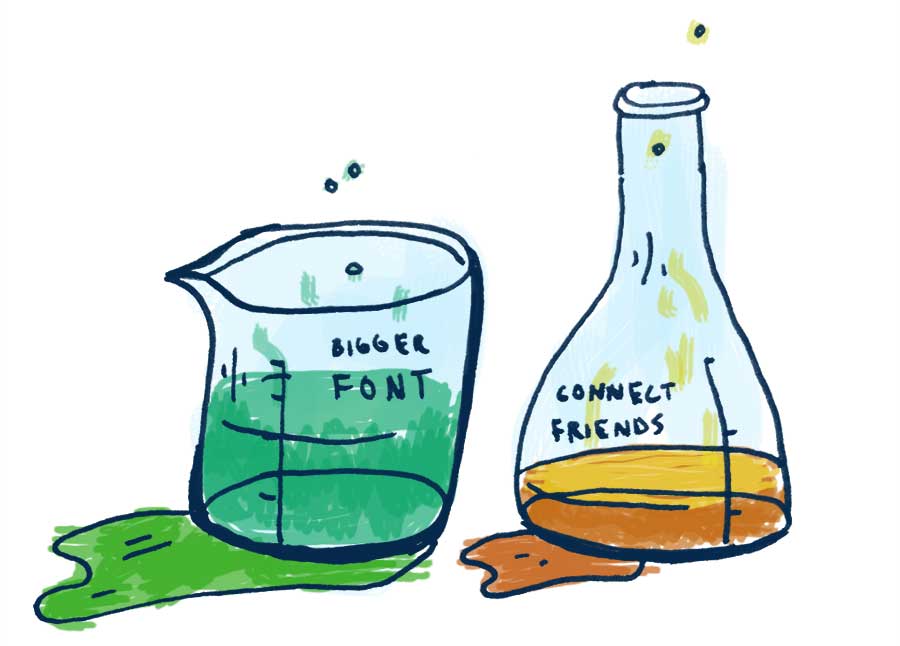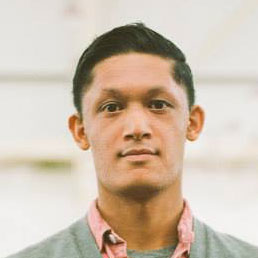I wonder how many people stop themselves short of making something new in fear of it failing.
Failure, sigh. It’s (still) overrated, and it’s given everyone the wrong lens to look at their craft. Why dissect post-mortem when we can imagine possibility? Why review mistakes when we can consider play?

The makers of our world would be better off mimicking scientists with their work. Harp on deliberate practice. Reinvent their processes daily. Share every discovery. And most importantly, try new things often.
All of a sudden punting on ideas—no matter how silly—seem like the real mistake. They’re lessons you didn’t learn, skills you didn’t exercise.
When everything’s an experiment, you shed the fear that comes with trying new things. And that sounds like a better way to grow and learn. Plus, no one has to even mention the f-word.

Rahul
on 04 Oct 13At our company we call this “having adventures”. Because you can never have a “bad” adventure. And you always gain something – knowledge of the world, or an experience of some kind. We like to say one of our goals as a company is to have adventures. That way you’ll always be experiencing something new. And you’ll never be talking about whether that something was good or bad.
Mig Reyes
on 04 Oct 13That’s a nice way of framing it, Rahul. I think it’s easy to get caught up in doing the “right” thing, you end up blocking yourself from learning a “new” thing.
David Andersen
on 05 Oct 13The ‘fear of failure’ idea has been around a long time and I’m not so sure it’s accurate. Maybe most people understand that making something that is good is hard, hard work and maybe most people just don’t want to put in the effort. That, to me, is much more congruent with human nature.
Don Mackay
on 05 Oct 13I teach engineering and design to high school seniors. In my experience, it’s not as simple as “right” vs. “new”. Becoming a master of one’s craft is a skillful blend of both. Children create “new” but useless things effortlessly which creativity is usually beaten out of them by our educational system in the name of “right” by the time they reach middle school. Neither extreme is sustainable. Masterful minds endure many years of rigorous training until their skills become second nature to them (the 10,000 hour rule of Gladwell’s “Outliers”). Only after that investment does their creativity emerge in brilliant insights, beautiful masterpieces, and technological marvels that leverage “right” thinking in “new” directions. One’s attitude towards failure is perhaps a unique lens on this phenomenon. To envision risky “adventures” is a sign of creativity. To pursue them in spite of repeated failure is a sign of grit. To learn from each failure is a sign of “right”. To embrace all three is to become a master. That’s what I try to teach to my students.
Mig Reyes
on 05 Oct 13Don, wonderful insights. Sounds like those high school seniors are in great hands. :)
This discussion is closed.